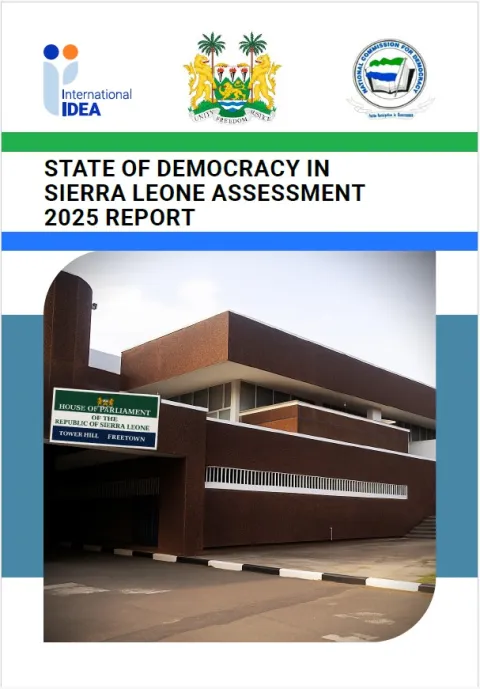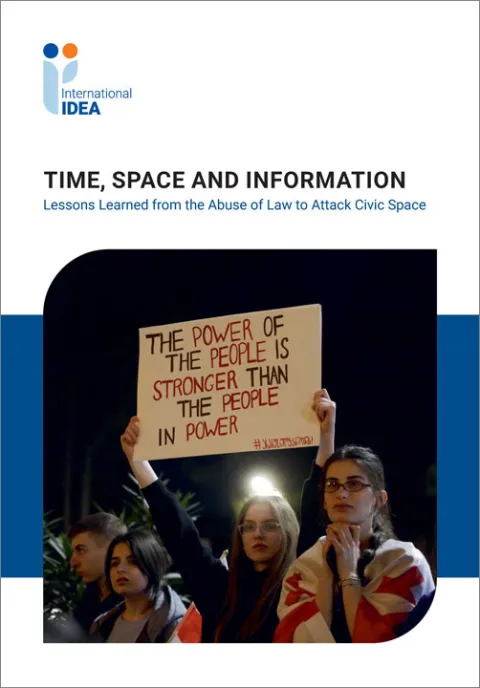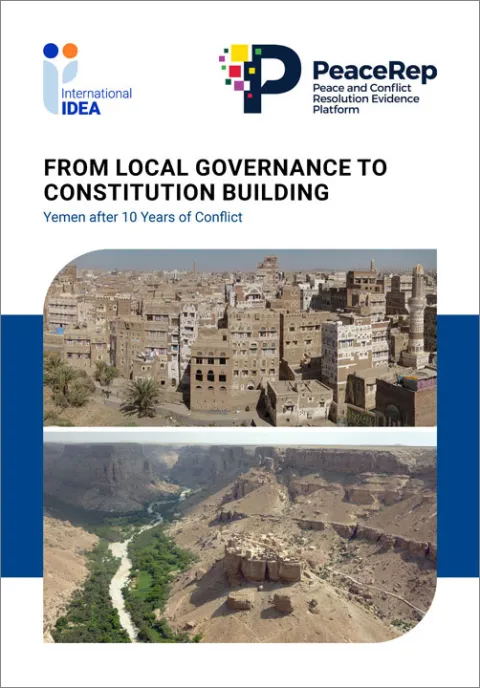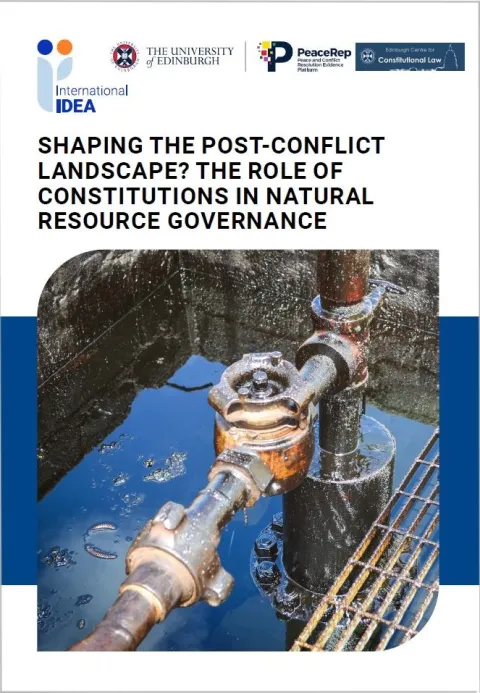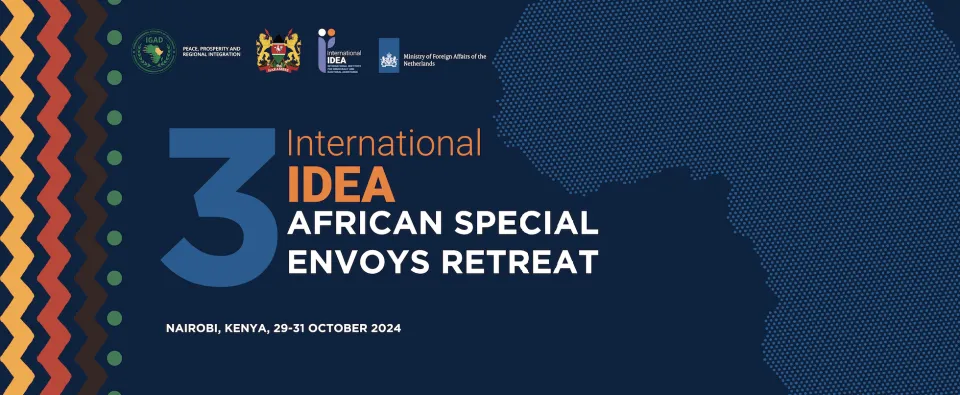The Role of the Organization of American States in Promoting Democracy
The 2001 Inter-American Democratic Charter (IADC) was the culmination of a series of efforts to consolidate democracy, and the result of responses and sanctions to address institutional breakdowns in the Americas. Its key feature is the ability to apply sanctions on states that violate democratic norms.
In this sense, the IADC—like every democracy clause—is a provision (or set of provisions) in an international instrument that subjects the admission, participation or permanence in certain organizations, and/or the maintenance of diplomatic, economic or cooperation relations among signatory parties, to the obligation that each state has a democratic system of government in place.
This Discussion Paper provides a brief note on the state of democracy in the region and an analysis of what constitutes an application of the democracy clause. It then examines the limitations of its implementation while presenting two case studies of OAS interventions during democratic breakdowns. Finally, it critically assesses the role of the organization as a gatekeeper of democracy and constitutional order in the Americas, and offers preventive and corrective policy recommendations for an established criteria and swift responses to threats to democracy.
Details
Contents
Acronyms
Introduction
Background on the state of democracy in the Americas
When is the IADC applied?
Challenges of applying the IADC Case studies: Peru 2000 and Venezuela 2002
Policy recommendations
Conclusions
References
Notes
Give us feedback
Do you have a question or feedback about this publication? Leave us your feedback, and we’ll get back to you
Send feedbackThe Role of the Organization of American States in Promoting Democracy

| Total views | 5243 |
|---|---|
| Downloads | 17 |
| Rating |
Give us feedback
Do you have a question or feedback about this publication? Leave us your feedback, and we’ll get back to you
Send feedback